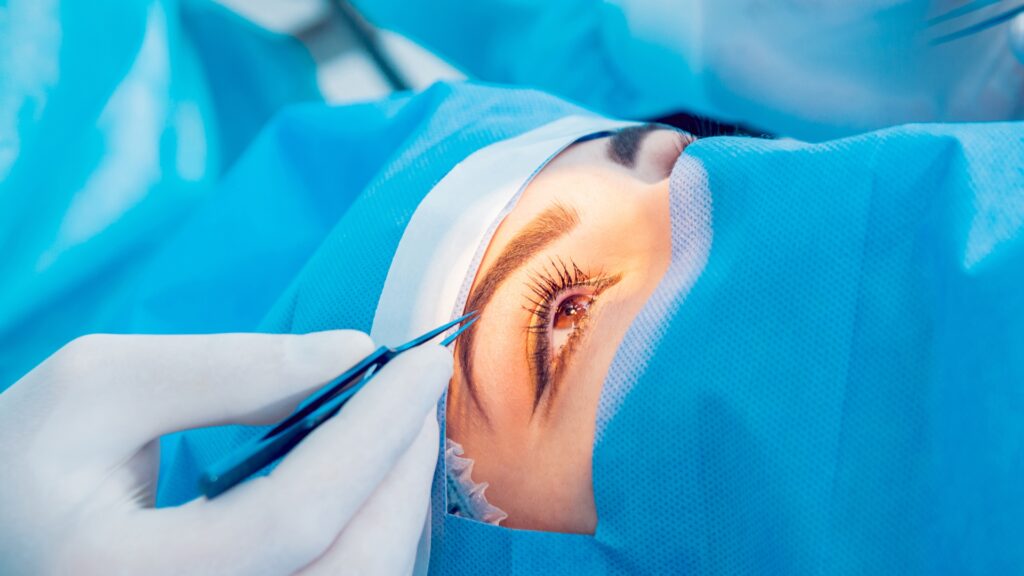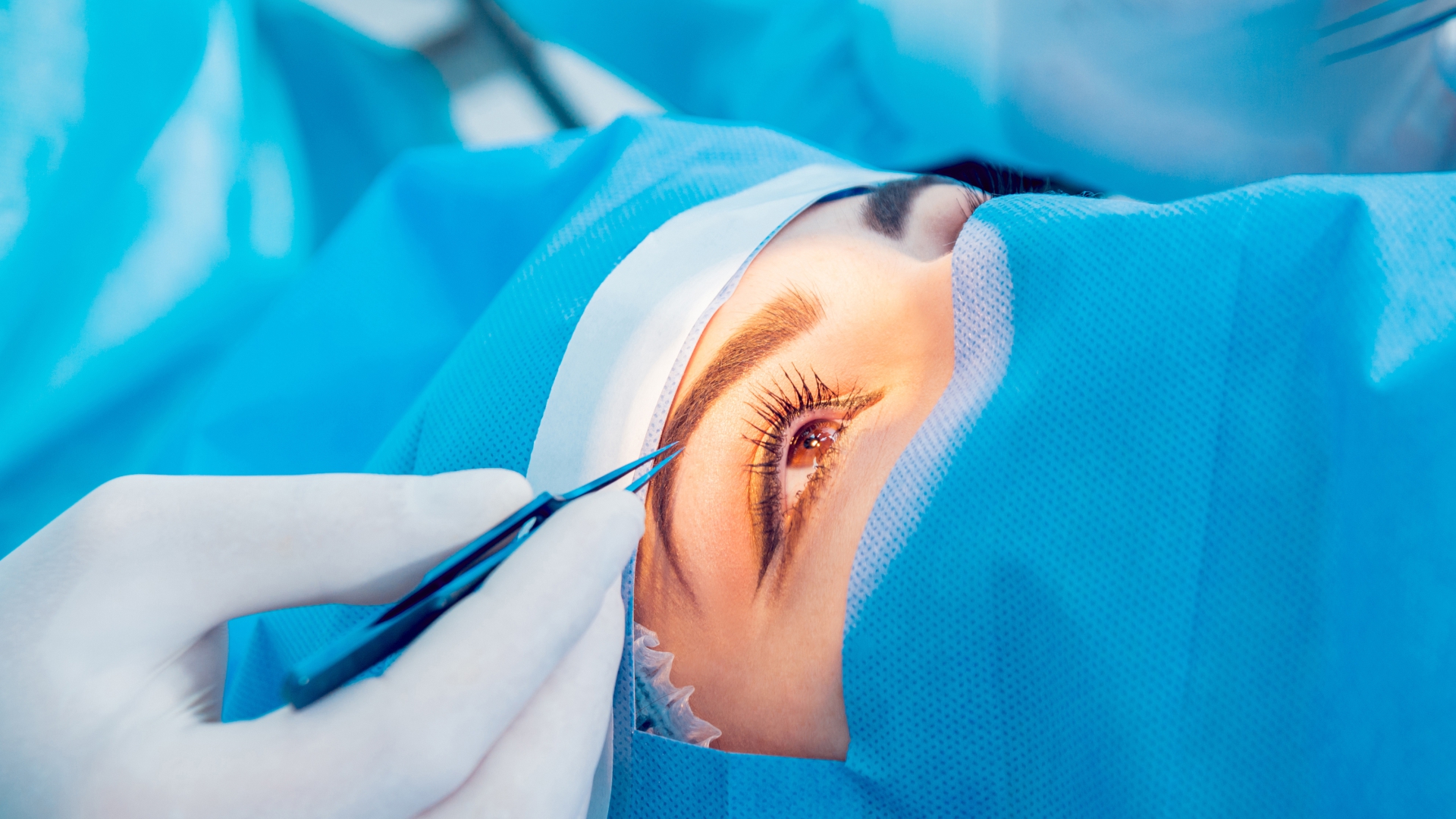
Eye specialists might suggest Cataract surgery if you suffer from cloudy or blurred vision. As cataracts gradually grow, you will face dim or even doubled vision when you look at things with cataracts. These problems can make it hard to read, work on a computer, and do anything else that calls for clear eyesight.
When should you opt for cataract surgery?
- Cloudy vision
- Sensitivity towards light
- Seeing a halo around lights
- Sudden nearsightedness
- Poor night vision
- Changes in perception of colour
What will you gain from cataract surgery?
One of the best things after this surgery is that it enables you to see clearly. Use this time to relax and let your body recover. Like any surgical procedure, there is a recovery period after having Cataract surgery. With our advanced equipment and procedures, the recovery time is shorter.
Instructions after the surgery from eye specialists in Warangal
Our doctors will always be open to queries after the surgery. However, there are a few activities you should avoid post-surgery:
- You should prevent rubbing your eyes
- Avoid bending over
- Avoid splashing water directly into your eyes
- No physical activities during the recovery phase
- Avoid swimming for at least a week
How long does the healing process take?
It takes an average of 1-3 months for your eye to heal after the surgery fully. So you should expect your eyes to have regained their original state within 2-4 months after the surgery. You’ll probably have an Ophthalmologist appointment around that time.
After a few months of gradual healing, you will observe a significant difference in your sight. At Sharat Maxivision, we will help you throughout your visual rectification journey. We employ advanced equipment handled by experienced specialists. These surgeries are painless and bladeless.
NOTE: No information, suggestion, advice, evaluation, process, terminology, etc., provided in our blog should be considered as the final medical advice. Please note that this information is only indicatory for you to get a better understanding of various eye-related syndromes and the treatment options available. For any issues or discomfort in your eye(s), we recommend you visit our hospital. Only on complete diagnosis by one of our doctors, we can evaluate your condition, and help you with a relevant medical process and/or treatment.


